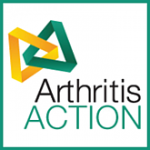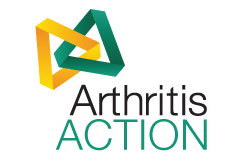

ARMA is working with Public Health England and Business In The Community to develop a new toolkit for employers in the workplace, which launches in Spring/Summer 2017. Musculoskeletal conditions are an important consideration for businesses as they are a leading cause of pain and disability in the UK, affecting many employees.
The toolkit draws together information for employers to support staff in the prevention, early identification, management and adaptation for people affected by musculoskeletal conditions. The musculoskeletal toolkit is a simple step-by-step guide dealing with back, neck, muscle and joint pain at work.…
Read more of this article

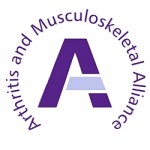
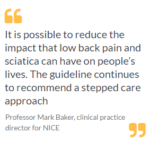
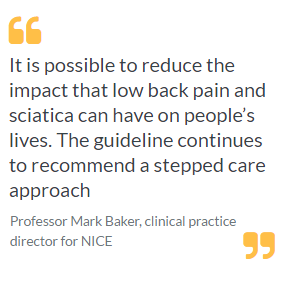 NICE’s updated guideline on low back pain and sciatica recommends exercise in all its forms – for example stretching, strengthening, aerobics or yoga – as the first step in managing the condition.
NICE’s updated guideline on low back pain and sciatica recommends exercise in all its forms – for example stretching, strengthening, aerobics or yoga – as the first step in managing the condition.



 by Professor Anthony Woolf, Chair of ARMA and Chair of the Bone and Joint Decade: A Global Alliance for Musculoskeletal Health
by Professor Anthony Woolf, Chair of ARMA and Chair of the Bone and Joint Decade: A Global Alliance for Musculoskeletal Health